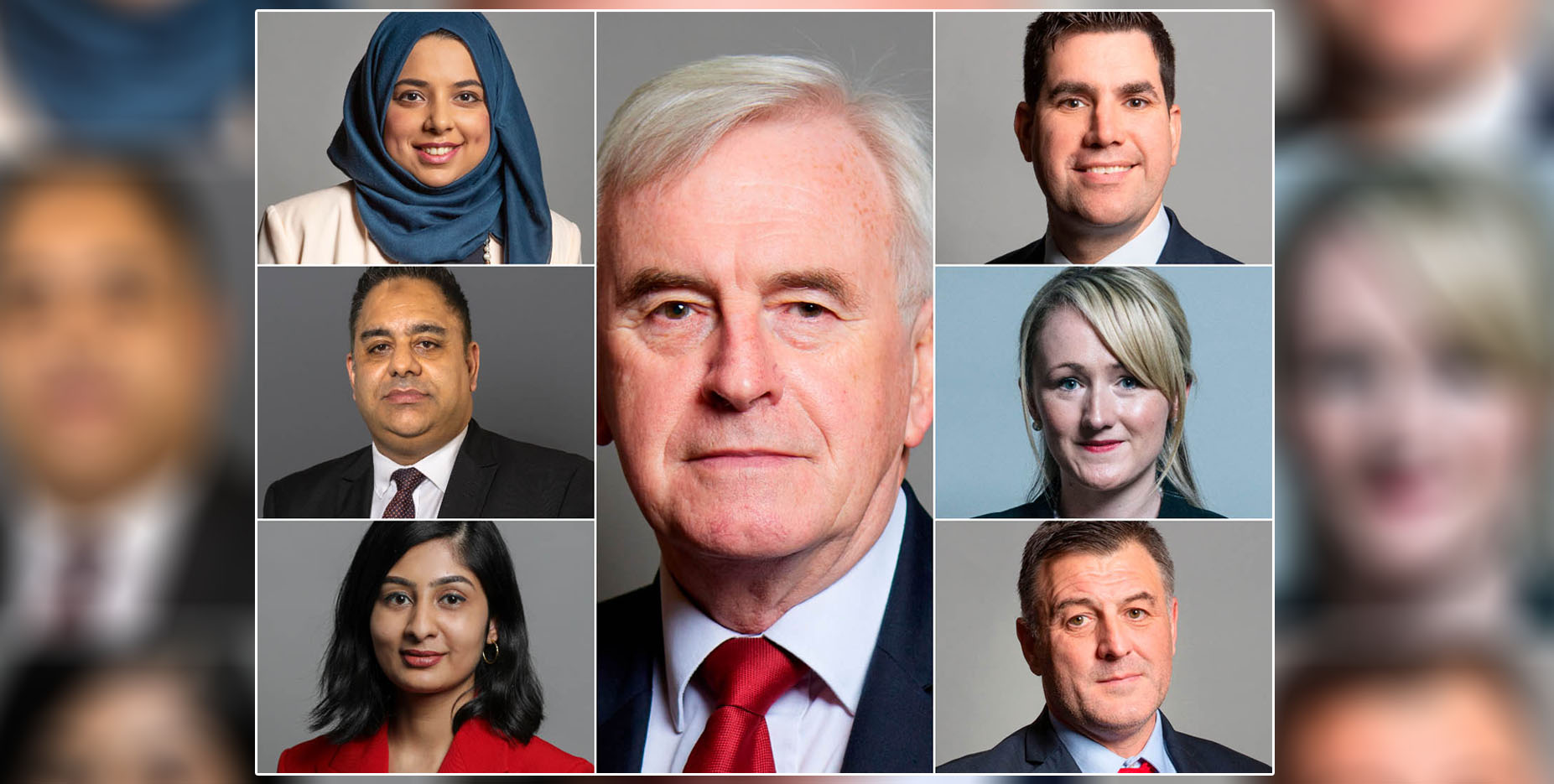
Mariam Karim
A policy that has had significant effects on families from low-income backgrounds is the UK’s two-child benefit cap. Introduced by Conservative Chancellor George Osborne in 2015 and implemented in 2017, the policy restricts parents from claiming child tax credit or Universal Credit payments for more than their first two children. This cap was part of a broader austerity strategy aimed at reducing government spending and aligning the financial decisions of benefit-dependent families with those of families not reliant on government support. However, this approach has led to significant unintended consequences, particularly for minority communities.
Muslim families are especially affected due to higher poverty rates and larger family sizes. According to the Muslim Census, 50 percent of Muslims in the UK live in poverty, with 46 percent residing in England’s ten most deprived local authorities. The Muslim Council of Britain (MCB) reports that 60 percent of Muslim children live in households with three or more dependent children, compared to 31 percent in the general population. These figures highlight the disproportionate impact of the cap on Muslim communities, exacerbating financial pressures and contributing to higher levels of child poverty.
The cap’s impact is also evident across all low-income families. Affected families lose an average of £4,300 annually, representing 10 percent of their average income and 22 percent of their benefit income. This loss presents challenges for households already managing limited resources. Revenue and Customs (HMRC) statistics show that 50 percent of families affected by the cap are single-parent households, and 57 percent have at least one adult in paid work, highlighting the cap’s broad reach among vulnerable households.
Research by the Institute for Fiscal Studies shows that 43 percent of children in Bangladeshi or Pakistani households are affected by the cap, compared to 17 percent of children in other households. This difference suggests that minority communities, including Muslims, are disproportionately affected by the policy. In comparison, many European countries provide more generous and accessible child benefits, reflecting a commitment to supporting children’s welfare.
The two-child benefit cap has been a point of debate in the UK, with several MPs calling for its removal. During a recent debate on winter fuel payments this month, the cap was brought up again as an example of policies hurting vulnerable families. Colette Stevenson, Chair of Holyrood’s Social Justice Committee, expressed her frustration at the refusal to abolish it, stating: “The two-child benefit cap is a cruel policy that condemns thousands of children to poverty. While the SNP Government works to keep 100,000 children out of poverty, Westminster’s decisions are driving even more families into hardship.”
Labour ministers have criticised the policy, but Prime Minister Keir Starmer has expressed concerns about the financial implications of repealing the cap, estimated to cost between £2.5 billion and £3.6 billion. Efforts to reverse the policy have faced challenges, including internal debates within Labour, leading to the suspension of seven MPs who supported its repeal: John McDonnell (Hayes and Harlington), Richard Burgon (Leeds East), Rebecca Long-Bailey (Salford and Eccles), Apsana Begum (Poplar and Limehouse), Imran Hussain (Bradford East), Ian Byrne (Liverpool, West Derby), and Zarah Sultana (Coventry South).
The policy’s rationale is to ensure that families on benefits consider the financial implications of having additional children in a manner similar to families not on benefits. However, the cap has been associated with increased child poverty, as it reduces the financial support available to larger families. Save the Children highlighted that removing the two-child limit could lift 300,000 children out of poverty and significantly reduce poverty for over half a million children. The two-child benefit cap continues to affect low-income families across the UK, with a notable impact on Muslim communities due to their demographic characteristics. As the UK faces ongoing economic challenges, the implications of this policy remain a subject of significant discussion.
Photo: Setbacks in reversing the two-child benefit cap include the suspension of seven Labour MPs: (left) Apsana Begum, Imran Hussain, Zarah Sultana; (ctr) John McDonnell; (right) Richard Burgon, Rebecca Long-Bailey, and Ian Byrne. (Credit: UK Parliament)*


